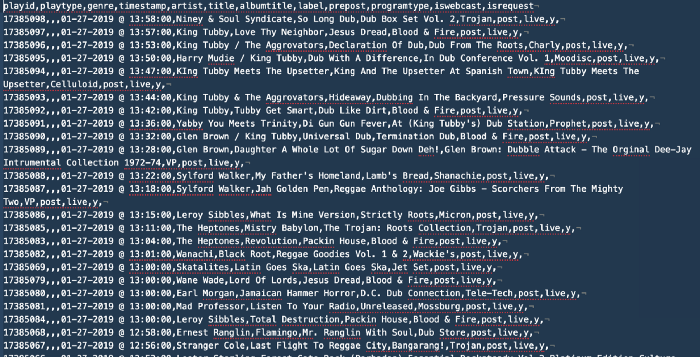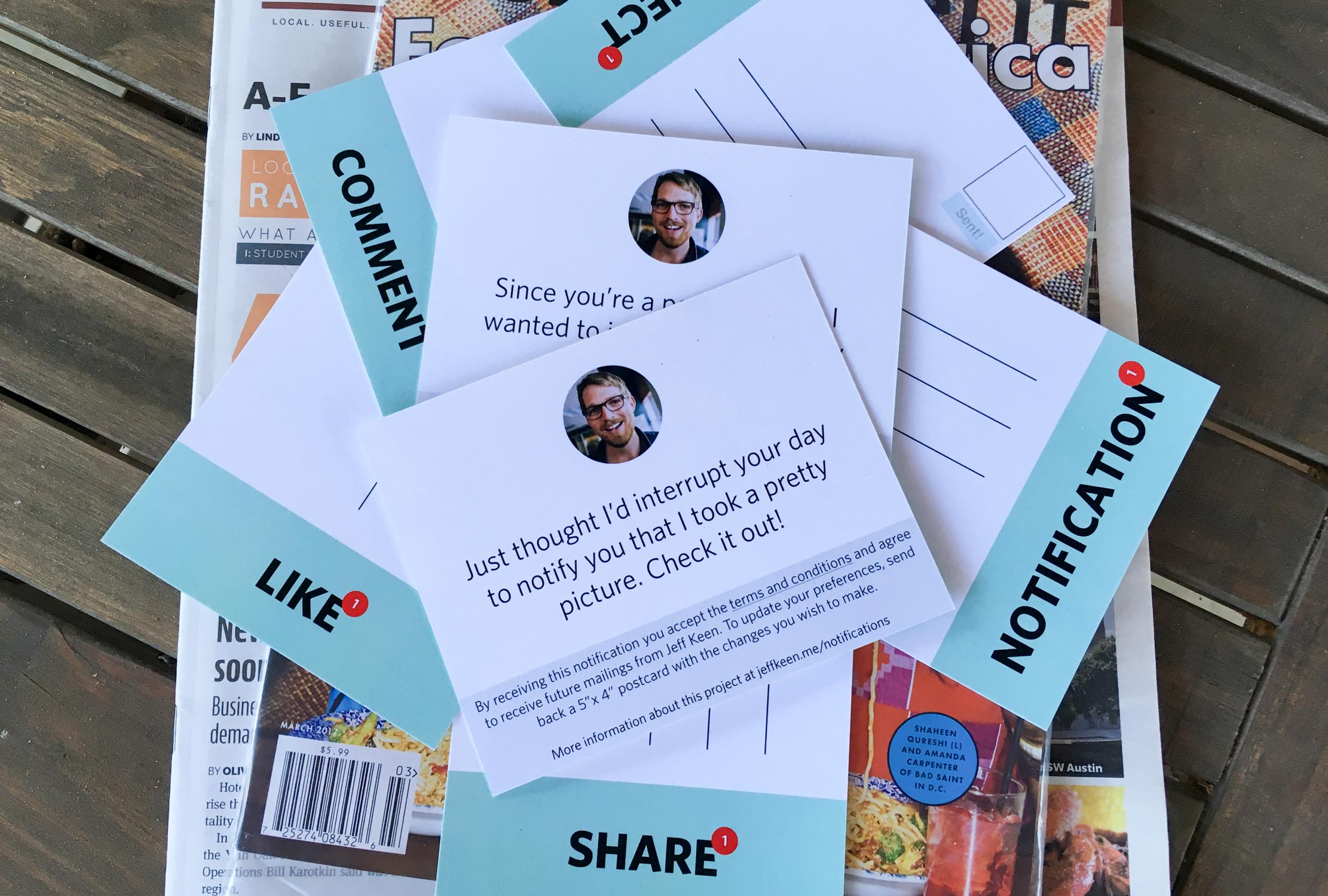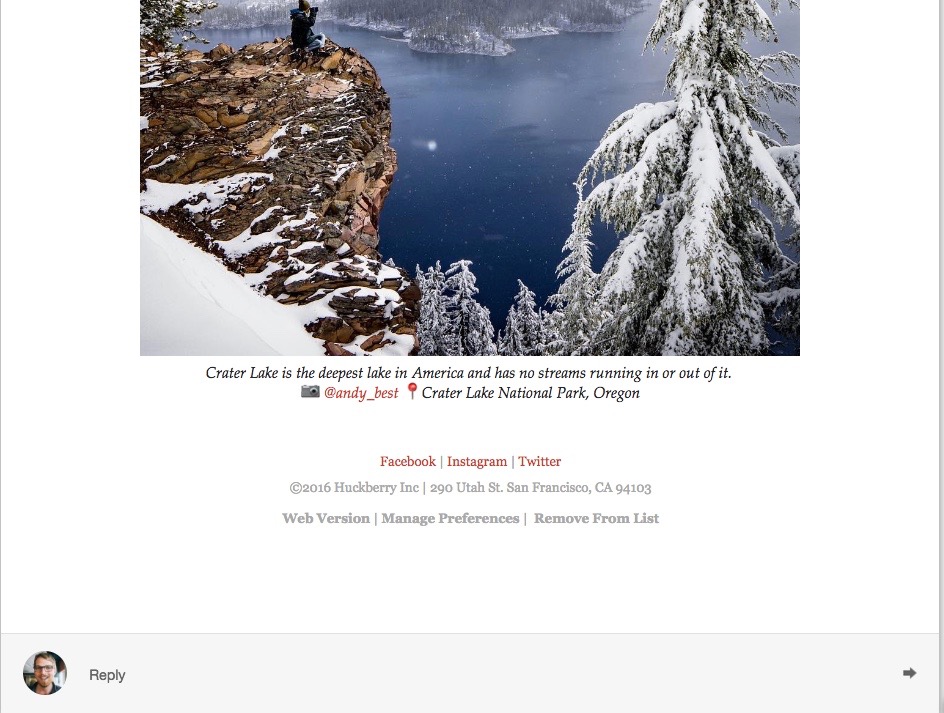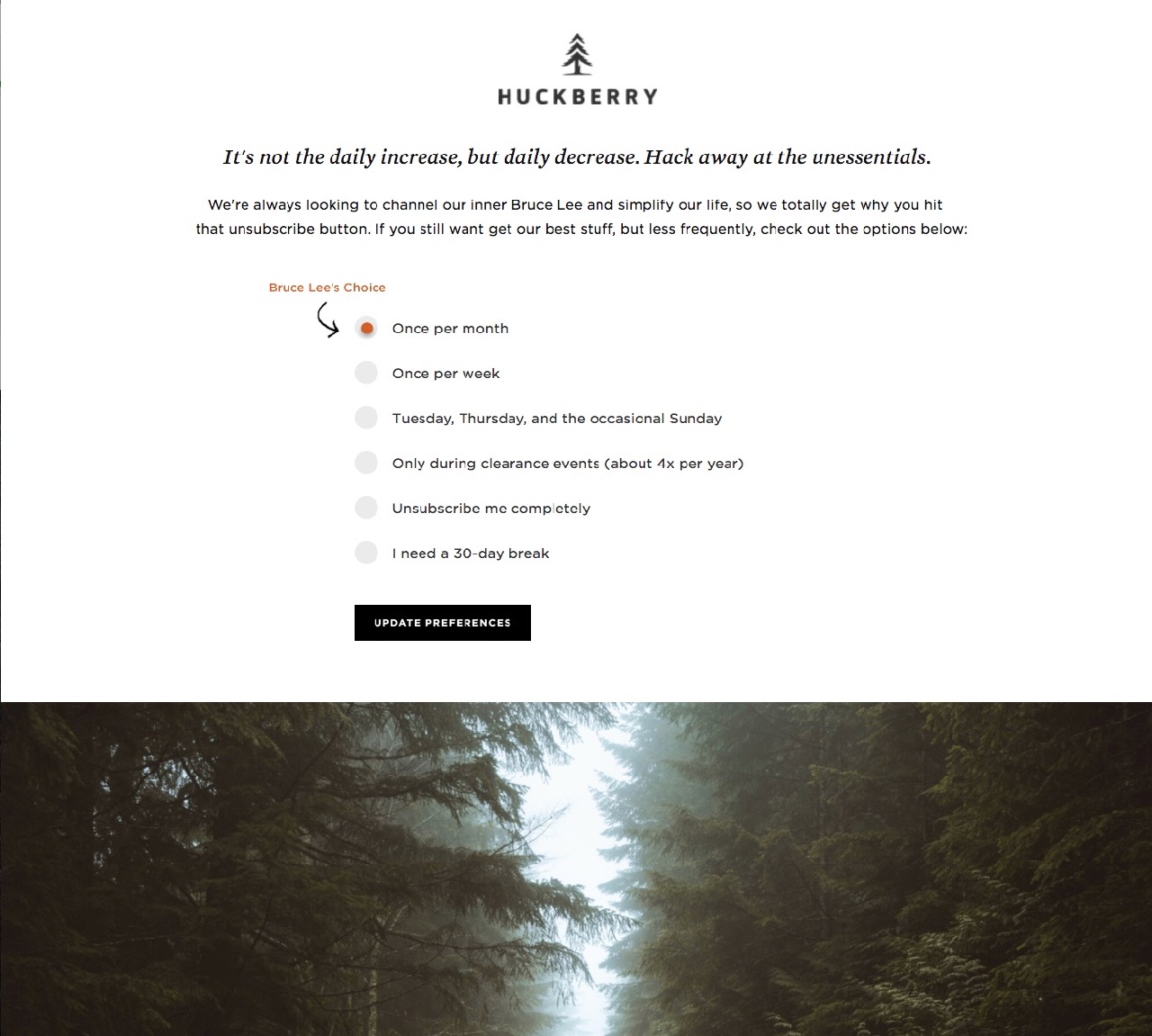In 1997, I was one of the few people in my high school who had a TI Graph Link, which was the little doohickey that connected the calculator to a computer’s serial port, allowing you to transfer programs from the computer to the calculator. This opened up a world of possibilities, letting me download all sorts of games from the internet which I would then distribute.
My friend Matt and I somehow schemed this silly prank idea: create a game called “Fun Game” that we would transfer along with the programs the person actually wanted, and then wait.
When it was launched, the whole sequence you see in the demo version would happen (which at the time we thought was hilarious), and then finally the program would copy a single file over and over and over and over until the calculator ran out of memory.
Turns out basic math functions take several seconds to perform after fun game ate all the memory. Fun, right?








